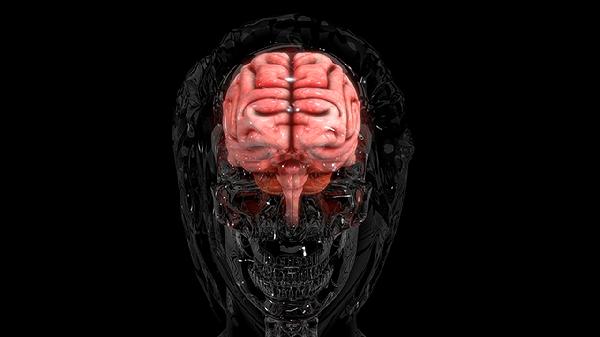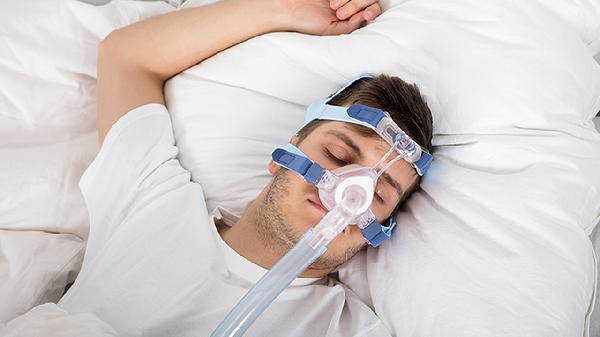If you've ever felt your heart racing, palms sweating, or breath quickening out of nowhere, you might have wondered: was that a panic attack or just an intense wave of anxiety? While the terms often get tossed around like synonyms, mental health pros draw clear lines between the two experiences—and understanding those differences could help you navigate those overwhelming moments with more clarity.
The Great Debate: Anxiety Attack or Panic Attack?
they’re unsettling but usually fade without derailing your entire day. Panic attacks, on the other hand, are like your body’s fire alarm going off with no actual fire in sight.
Panic Attack Symptoms: When Your Body Hijacks the Wheel
Picture this: you’re sipping coffee, scrolling through your phone, and BAM—your chest tightens, your heart’s doing drum solos, and suddenly you’re convinced you’re either dying or losing your mind. That’s the hallmark of a panic attack: zero warning, maximum terror. The DSM-5 spells it out as an "abrupt surge of intense fear" peaking within minutes. To meet the clinical threshold, you’d need at least four of these lovely symptoms: heart palpitations, chills (even in a heatwave), trembling, sweating like you’re in a sauna, choking sensations, nausea, dizziness, numbness, or the eerie feeling that you’re detached from reality. Fun times, right?
Anxiety Attacks: The Slow Burn
Anxiety attacks creep in more like a fog than a lightning strike. Maybe you’re stressing over a work deadline, and suddenly your muscles tense up, your thoughts spiral into "what-ifs," and your focus nosedives. Unlike panic attacks, these episodes often have a clear trigger (think: public speaking, financial stress, or relationship drama). Dr. Manipod notes that while they’re distressing, they rarely escalate to the "call 911" level of panic. But here’s the kicker: if anxiety starts gatecrashing your daily life—keeping you awake, tanking your productivity, or making you avoid social situations—it might signal an anxiety disorder, which is very much a diagnosable (and treatable) condition.
Panic Disorder: When Fear of Fear Takes Over
Imagine surviving a panic attack, only to spend the next month obsessing over when the next one will strike. That’s panic disorder in a nutshell. Dr. Manipod explains it’s not just the attacks themselves but the "anticipatory anxiety" that messes with your quality of life. Avoidance behaviors often tag along—skipping crowded places, driving, or even leaving the house—because your brain starts linking everyday scenarios to panic landmines. And yes, you can have panic attacks without the full disorder, especially if you’re dealing with PTSD or other mental health conditions.
Treatment Showdown: Therapy, Meds, and Coping Hacks
Whether you’re wrestling with anxiety or panic, treatment often follows similar paths—just tailored to your specific needs. SSRIs and SNRIs (fancy terms for antidepressants like Prozac or Cymbalta) are common picks for dialing down overall anxiety. Therapy, especially cognitive behavioral therapy (CBT), helps you rewire catastrophic thinking patterns. For panic disorder, docs might prescribe benzodiazepines (think Xanax or Ativan) for emergencies, but these come with a catch: they’re habit-forming, so they’re not meant for daily use unless absolutely necessary.
How to Ride Out a Panic Attack Like a Pro
When panic hits, your first instinct might be to fight it—bad move. Resistance tends to amplify the chaos. Instead, try these therapist-approved tricks: 1、Name It to Tame It: Acknowledge, "This is a panic attack, not a heart attack." Sounds simple, but reminding yourself it’s temporary can stop the spiral. 2、Breathe Like You Mean It: Inhale for 4 counts, exhale for 6. Lengthening the exhale cues your nervous system to chill. 3、Ground Yourself: Focus on sensory anchors—the feel of your feet on the floor, the sound of traffic outside. It drags your brain back to the present. And hey, if panic or anxiety keeps crashing your party, don’t white-knuckle it alone. Therapists aren’t just for crises; they’re like personal trainers for your mental resilience.
Bottom line? Panic attacks are the body’s rogue fire drills, while anxiety attacks are more like persistent background noise. Both suck, but neither has to run the show. Whether you need therapy, meds, or just a few solid coping tools, help exists—and knowing the difference between the two is step one in taking back control.
























